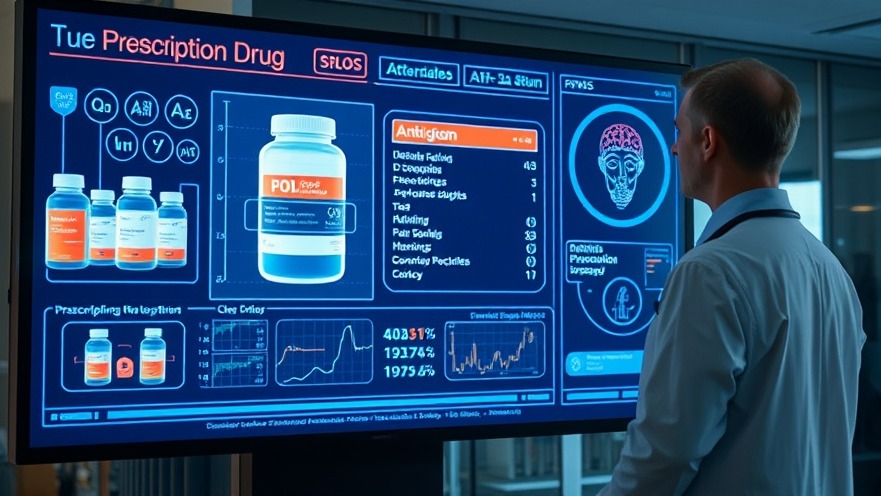
Navigating the Revenue Storm: Strategies for Concierge Health Practitioners
The healthcare sector faces an unprecedented crisis, especially for concierge health practitioners who must juggle high patient care standards with the growing complexities of revenue cycle management (RCM). Recent reports indicate a dramatic rise in audits and denials that can threaten the financial stability of practices. Understanding how to navigate these turbulent waters is crucial for sustaining and growing medical practices.
The Surge of Denials and Audits: Key Statistics
Data from the 2024 MDaudit Annual Benchmark Report paints a stark picture of the current audit landscape. Audit volumes have surged more than 100% compared to the previous year, doubling the strain on RCM professionals. An astonishing $11.2 million is at risk due to payer scrutiny, impacting not only large institutions but also small concierge practices. In fact, denials associated with coding errors increased by 126%, emphasizing the critical nature of coding integrity in securing revenue.
Understanding Denials: Why Do They Happen?
Denials frequently arise due to inadequate documentation or a lack of clarity around the medical necessity of care. This issue has seen a massive spike, with denial amounts for inpatient services soaring by 148%. For concierge practitioners, who may pride themselves on providing personalized care, ensuring proper documentation becomes non-negotiable to protect their revenue streams. Systematizing documentation processes can directly correlate with improved financial outcomes.
Transforming Revenue Cycle Management: The AI Advantage
In this challenging environment, traditional RCM strategies may no longer suffice. Adopting AI-driven compliance and risk monitoring solutions can dramatically improve the efficacy of revenue recovery efforts. These technologies not only streamline coding processes but also enhance the accuracy of claims submissions, reducing the likelihood of denials. Concierge health practitioners can leverage this technology to manage patient documentation more efficiently while focusing on enhancing care offerings.
Proactive Measures: Steps to Secure Revenue
To mitigate the risk of denials, practitioners should consider implementing the following proactive measures:
- Enhance Training: Regular workshops and training for administrative staff on documentation best practices can significantly reduce errors.
- Real-Time Claims Review: Utilize technology to conduct initial reviews of claims before they are submitted, which can help catch issues early.
- Patient Education: Inform patients about the documentation needed for coverage to ensure smooth claims processing.
Looking Ahead: Future Trends in Healthcare Revenue Management
The future of healthcare revenue management is likely to be shaped by continuing technological advancements and regulatory changes. With increased scrutiny from payers and government agencies, concierge health practitioners must stay informed about trends in healthcare reform, fraud prevention efforts, and coding guidelines. Utilizing data analytics could provide valuable insights into operational efficiencies and patient care improvements.
Conclusion: Prioritizing Financial Health in Healthcare
As a concierge health practitioner, navigating the current landscape filled with heightened audits and denials can feel overwhelming. However, by leveraging technology and adopting new RCM strategies, practitioners can enhance both their practice stability and growth. Ensuring robust documentation, improving coding accuracy, and embracing proactive revenue strategies are vital steps toward a resilient practice.
If you’re struggling with the tech side of your practice and looking for support in transforming it, consider partnering with an IT consultant who understands these complexities. Start securing your financial future today!
 Add Row
Add Row  Add
Add 




Write A Comment